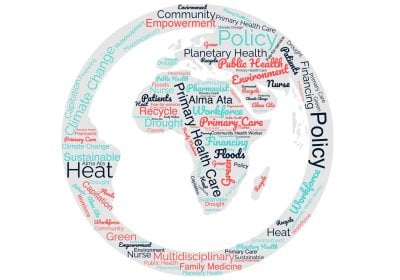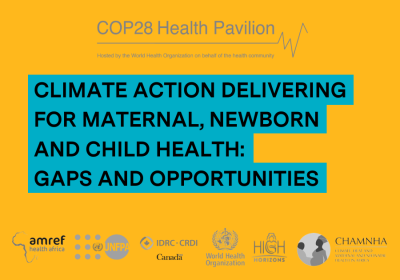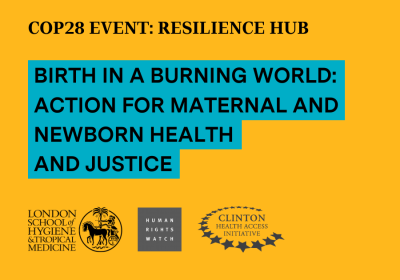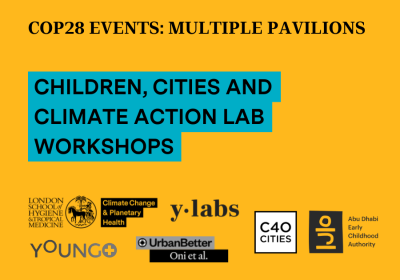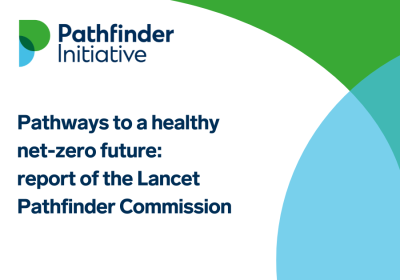Tackling climate and health challenges: perspectives from Indigenous communities
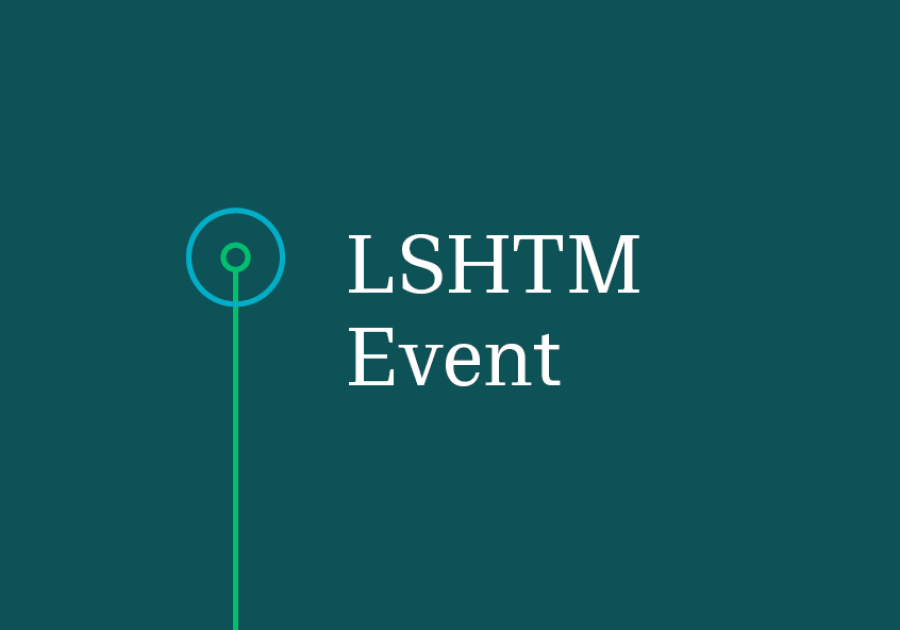
This event will explore different perspectives of climate change and health. Speakers will discuss ancestral Māori concepts of health and Indigenous Systems thinking, the role of belonging in Montana’s native American and rural communities, and pathways to human health in rural households in East Africa.
The event will consist of the following three talks.
Dr Ihirangi Heke: ‘Ancestral Maori Concepts of Health using Environmental Knowledge and Systems Approaches’
Dr Heke will discuss ancestral Māori concepts of health using environmental knowledge: Indigenous Systems Thinking, and the production of an Indigenous ESG (Environment, Social and Governance) model.
Professor Alexandra Adams: Climate and Health, the role of Belonging in Montana’s Native American and Rural Communities
Professor Adams will speak about the Center for American Indian and Rural Health Equity’s work with Native and rural communities in Montana, to help communities understand and work to mitigate the impact of climate change on health. She will also cover her work to introduce Indigenous knowledge concepts into local and national climate and health discussions.
Dr Peninah Murage: Dryland restoration and pathways to human health; perspectives from rural households in East Africa.
Dr Murage will use a combination of her work in Tanzania as well as case studies from the Pathfinder Initiative in this talk.
Speakers
- Dr Ihirangi Heke, Consultant
-
Dr Ihirangi Heke, PhD, of Māori descent, was raised in the South Island mountain environment of New Zealand long before it was popular area for international visitors. Over the past 25 years he has been active in helping Māori and other indigenous groups abroad build their own health and wellness activities based on their traditional environmental knowledge. Dr Heke was previously awarded a research grant to compare Systems Science and Māori Environmental Connections by Johns Hopkins University, retains an Honorary Research Fellow position to the University of Auckland’s Department of Epidemiology and Biostatistics and was recently contracted to consult to Google X’s diversity initiative to address unconscious bias.
- Professor Alexandra Adams, Montata State University
-
Professor Alexandra Adams MD, PhD, is Professor for the Department of Sociology and Anthropology and Director of the Centre for American Indian and Rural Health Equity at Montata State University. Professor Alex Adams of European descent, has been working for 25 years in research partnerships with Native American communities across the US to promote family and community wellness. Prof Adams is the Director of the Center for American Indian and Rural Health Equity (CAIRHE), a National Institutes of Health funded research center at Montana State University, and she was the founding director of the Collaborative Center for Health Equity (CCHE), an NIH center at the University of Wisconsin School of Medicine and Public Health. The foundation for all her leadership and research is community-based participatory research, working in partnership with communities to understand and solve health challenges using both scientific rigor and crucial community knowledge. She also uses storytelling, filmmaking, and other outreach strategies to engage communities and impact health.
- Dr Peninah Murage, LSHTM
-
Dr Peninah Murage is an Assistant Professor in Environmental Epidemiology at LSHTM, whose expertise lie in climate change and health, nature-based solutions, health benefits of climate mitigation and adaptation actions. Her research focuses on the health effects of environmental change (including climate change) and the impact of adaptation and mitigation solutions to promote the rapid transition to a zero-carbon future.
Admission
Contact

